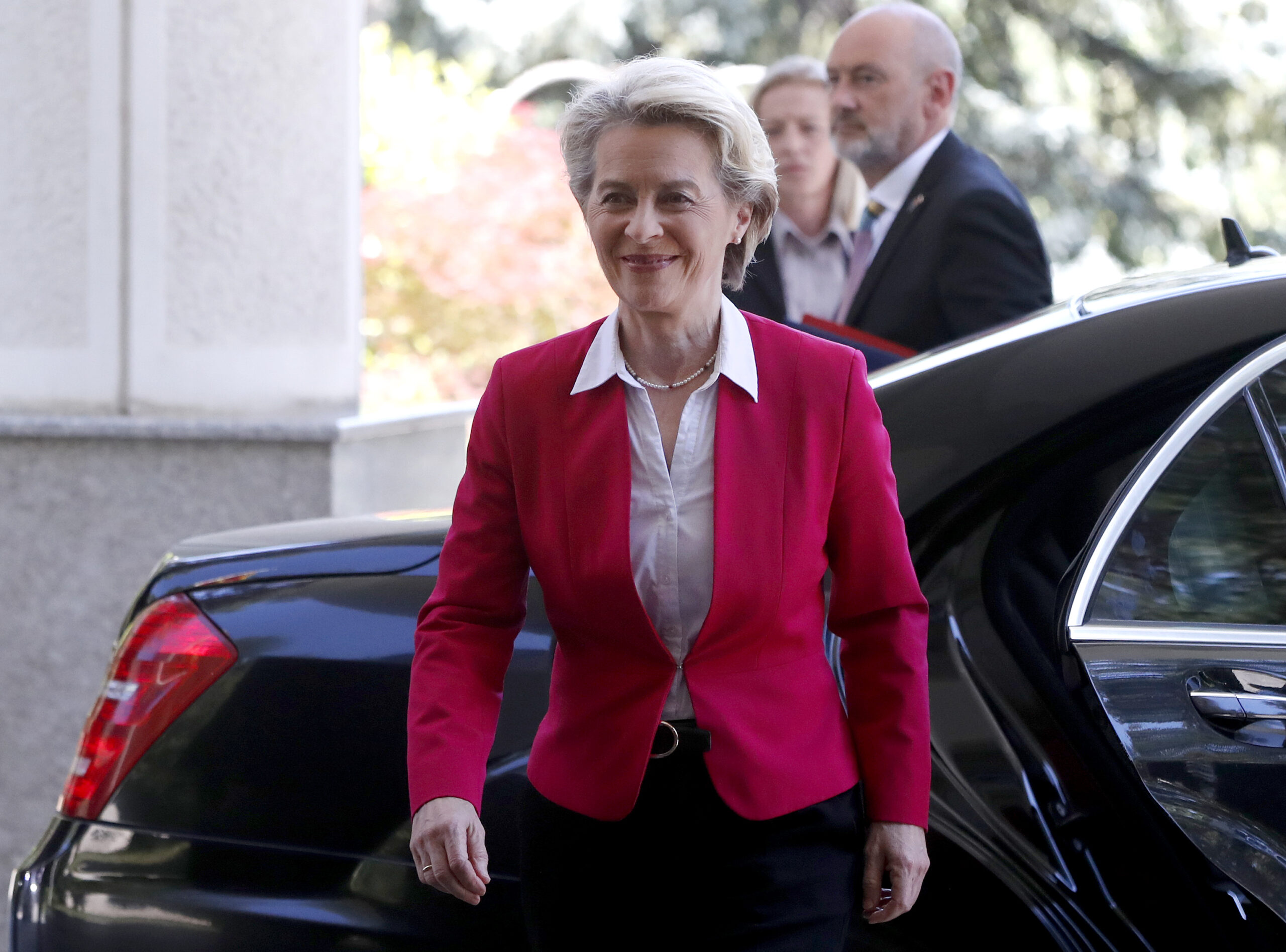The European Commission has adopted this Friday a proposal for a new block of sanctions against Russia. In reality, a battery of “maintenance” measures to cover the legal loopholes, guarantee the effectiveness of the first six packages, and prevent Moscow from benefiting from blind spots, cracks and ambiguities to continue with its economic activities. The decision, hand in hand with the Foreign Action Service led by Josep Borrell, also attempts to coordinate community efforts with G7 initiatives, such as the gold import ban.
“Today’s ‘maintenance and alignment’ package clarifies a number of provisions to strengthen legal certainty for operators and enforcement by Member States. It also further aligns EU sanctions with those of our allies and partners. , in particular in the G7. Importantly, the package reiterates the Commission’s determined stance to protect food security around the world,” the statement published in Brussels said. In the institutions, one of the main priorities is to combat the “extremely effective” disinformation campaigns of the Kremlin, not in the Old Continent but in the rest of the globe, and especially in everything that has to do with crops and food. There is a looming crisis due to shortages caused by the invasion and blockade of Ukrainian ports, but Russia is getting blame in many places on community sanctions, even though they do not affect, have not affected and probably will not in the future to Russian agriculture.
“Russia’s brutal war against Ukraine continues unabated. Therefore, today we propose to tighten our forceful EU sanctions against the Kremlin, apply them more effectively and extend them until January 2023. Moscow must continue to pay a heavy price for its aggression”, stated the President of the Commission, Ursula von der Leyen. “The EU sanctions are tough and forceful. We continue to target those close to Putin and the Kremlin. Today’s package reflects our coordinated approach with international partners, including the G7. In addition to these measures, I will also present proposals to the Council to the inclusion in the list of more people and entities, with their assets frozen and their ability to travel restricted”, has advanced the High Representative of the European Union for Foreign Affairs and Security Policy.
The adoption of these measures today is due to legal, practical, but also political and communication issues. The first package was approved on February 26, two days after the invasion. The following were ratified in a matter of days, but the last ones, which affect energy, took weeks and to overcome blockades such as the one in Hungary. The message is that it is becoming more difficult, more delicate and that consensus does not come out as it did at the beginning. Coal and oil are already on the list, although they will be gradually restricted, but gas is out of the question. It is possible, even likely, that Russia will turn off the tap, but the EU is not in a position to do it first. For this reason, and in the face of the fatigue of a citizenry that is increasingly noticing in their pockets (and soon in their heating) the costs of the energy crisis and the consequences of the war and sanctions, Brussels wants movement. Convey that the machine does not stop, that the pressure is not reduced and that Ukraine will not be left alone.
Today’s proposal, “cleaning and maintenance” in the words of a continental diplomat, will not have a very big effect, but they help to refine the existing framework. “It’s filling in the gaps, tidying up what doesn’t work well in the implementation.” The main novelty is a new import ban on Russian gold, while strengthening controls on the export of advanced technology and dual-use. “It will also tighten reporting requirements to tighten EU asset freezes. The package also reiterates that EU sanctions are in no way targeting trade in agricultural products between third countries and Russia. Furthermore, the text clarifies the exact scope of some financial and economic sanctions. Finally, it is proposed to extend the current EU sanctions for six months, until the next review at the end of January 2023,” the statement said.
The package will now be discussed by the Member States in the Council with a view to its adoption. On Monday, the foreign ministers will have a first debate, and community sources believe that there will be no setbacks and that it will be approved and implemented very quickly. The EU ambassadors will meet on Monday night and on Wednesday to finalize the technical details, together with experts from the Commission.
Conforms to The Trust Project criteria
















